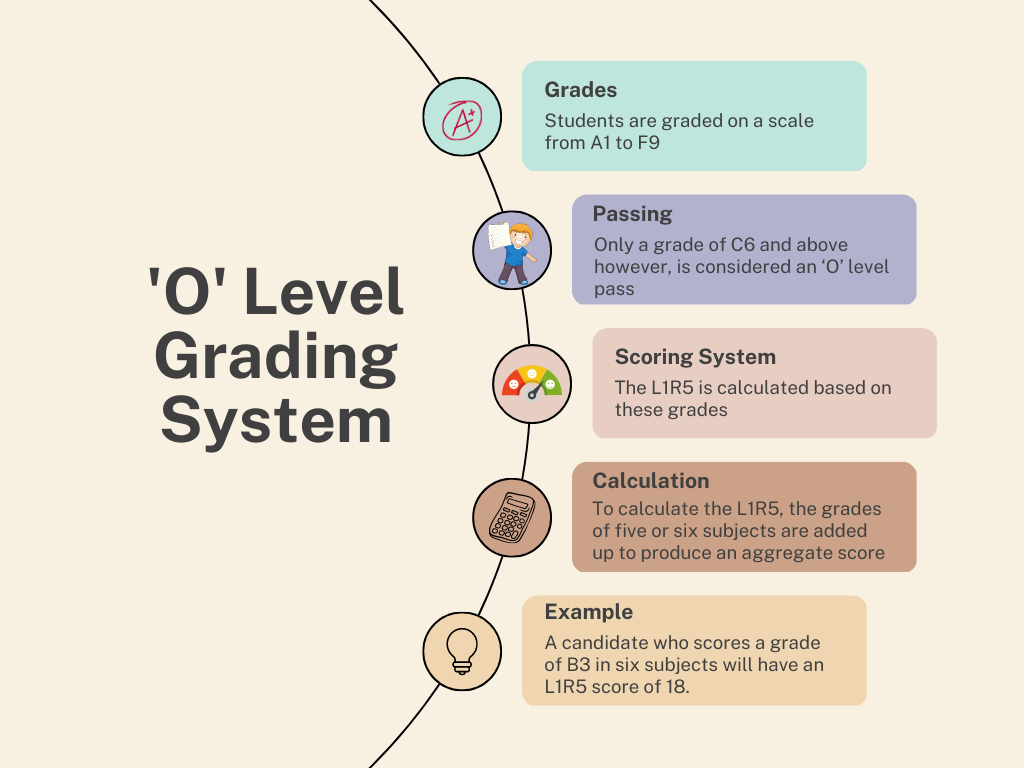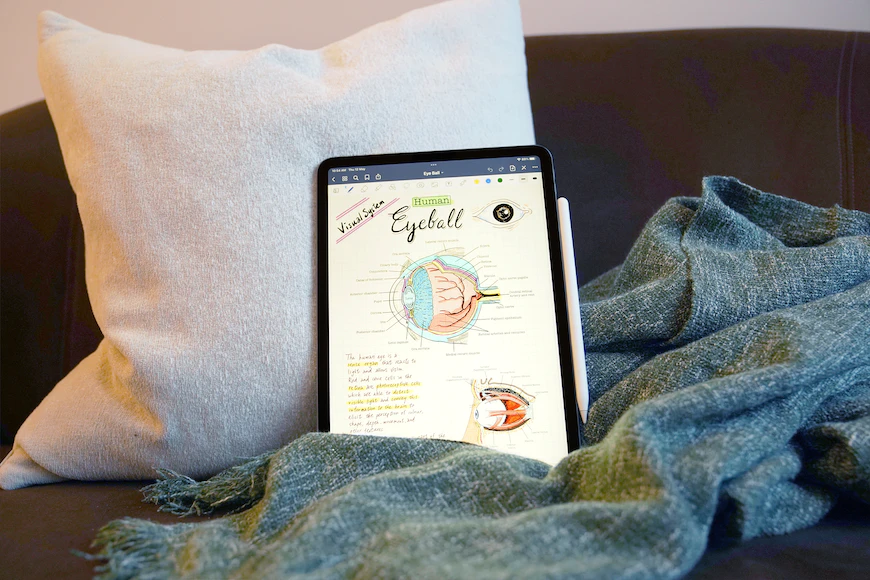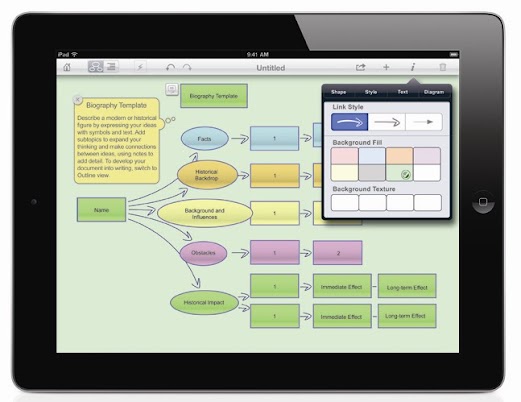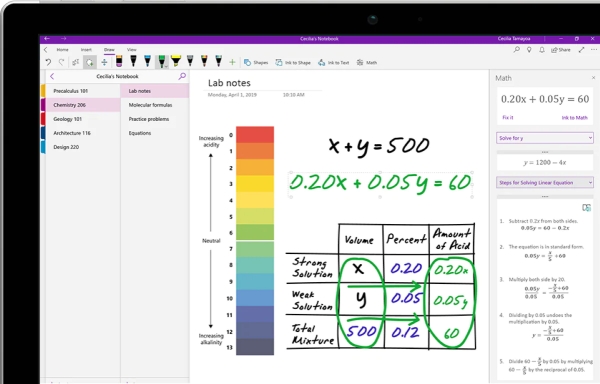"We often struggle to pay attention, but when presented with a task that we perceive to be difficult, we are more prone to giving up before truly attempting it."

Everyone struggles with their attention span at some point. External factors such as exhaustion from a packed schedule, lack of exercise or a disagreement with a loved one can be the cause of a loss of focus. Conversely, even oversleeping and too much Netflix or screen time can contribute to a wandering mind.
1. Have ‘Focus Breaks’

You can use a timer or an app on your phone that reminds you to take breaks, or even have someone in your house pop by at a preset time with a drink (or cookies). 15 to 20 minutes is an ideal length of time for a break, but make sure you walk away from the screen or your study area and take a real break. What you do during your break is entirely up to you, but I would recommend having a stretch, looking out at some greenery, getting a hot drink or even lying down and closing your eyes. Some apps that might help: TomatoTimer, Time Out and Eyecare 20 20 20.
2. Adjust Your Study Time Frame

We are all unique individuals with our own ideal timings built for focus. You can try the famous Pomodoro Technique, which encourages people to work with the time they have rather than work against it. In the Pomodoro Technique, you will choose a task and allocate the total time you need for it. Set your timer to 25 minutes, work furiously and then take a 5 minute break. That’s it, you will have completed ‘1 Pomodoro’. After completing 4 sets of Pomodoros, you can give yourself a 20 to 30 minute break. Adjust this method as you see fit for yourself, and you will start to see improvements in your focus!
3. Include Exercise in Your Day

A lack of movement does generally contribute to lethargy, especially if you are on HBL. Even an activity as simple as stretching first thing in the morning will get your blood flowing and freshen up your mind for tasks in the day. If you are not a morning person, try some night cycling or an evening walk (with permission of course) and you will find your sleep greatly improved and your mind ready and set to concentrate the next morning.
4. Play Memory Games

That’s right! You are actually encouraged to play games in this instance. Memory games have been proven to build focus and to force you to concentrate. Some simple games only take 5 minutes to play and the increased attention you are forced to give in order to jog your memory will help you when you need to memorise dates or formulas. There are plenty of apps available but if you want to try a simple web-based site, you can go to: Memozor.
5. Reflect and Alternate Tasks

Reflect on a timetable after you have gone through the day or week. Were you more distracted on a Monday after the weekend and would prefer to focus on revising Math that day? Were you energized after a workout on a Thursday and felt like concentrating on History and Chemistry? Does writing out an English essay on a Friday feel like a drag? Alternate and move your timetable around as you see fit. There is no need to stick to or force yourself to a set schedule if it is not working out for you. Try writing down how you feel after each day e.g. ‘Today I took 2 hours to try just one sum, and I felt drained as I couldn’t get the answer’ or ‘Doing Biology revision on a Wednesday afternoon is great as it is just after Biology lessons in the morning’.
6. Remove Distractions

People on a diet often remove all snacks and unhealthy foods from their fridges and cupboards, so that they aren’t tempted to eat them. Similarly, your study area should be distraction free. Place your phone outside your room if it is a source of distraction (and make sure you don’t have any apps on your laptop with friends messaging). Remove any clutter such as a gaming laptop or anything else that is a usual source of distraction.
7. Break Down Your Task

A lack of focus often stems from a task being perceived as too difficult or impossible at the beginning. Try breaking the task down into small steps and bite sized chunks, and then concentrate on finishing only that little chunk for the day. Make a checklist of the little chunks and then tick them off when you’re done. You will find a deep sense of satisfaction from being able to tick off the little bits and when the entire task is finally done, you can give yourself a clap on the back for being both organised and for a job well done!

































